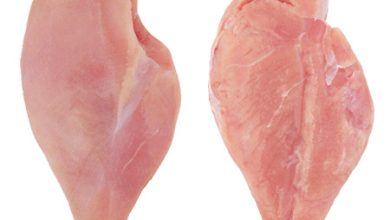For a vehicle to perform optimally, you want all parts to perform at their best. A head gasket is a vital component of the internal combustion engine. The job of a head gasket is to seal the space between the cylinder head and the engine block. It lets the cylinders compress while stopping fluid leaks, such as coolant and oil, between vital engine components. When a head gasket blows up, it fails to prevent the leakage of fluids and coolant in the engine, causing heavy damage to the engine with visible issues like overheating.
What are the Causes of a Blown Head Gasket?
A damaged head gasket, also known as a blown head gasket, is an internal engine damage that leads to a higher cost of repair and replacement parts. Once their reasons are known, one can easily avoid this disaster.
Overheating: Overheating is a reason for a blown head gasket. Excessive heat in the engine portion affects the structure of the cylinder head or engine block, causing the riveting seal to be ineffective. The overheating may be sustained by a bad water pump, thermostat, and coolant leaks. One should avoid overheating situations at all costs, and clumsiness in cooling system maintenance should not be encouraged.
Poor Installation: Another factor that causes the gasket failure is the faulty installation. Invariably, as a head gasket is frequently an item that fits the internal components of an engine in place, failure to fit it in properly over circumstances such as lack of torque or poor positioning will cause failure sooner than expected. Again, using a head gasket seal and professional fitting will save you from this pitfall.
Wear and Tear: As the engine develops common age-related issues, some parts, including piston rings and housing, might fail due to the pressure & heat of the crank. When this stress level reaches the material of the gasket, it fails.
Contamination of Fluids: Choosing a coolant that lacks quality may initiate chemical interactions that may wear the gasket. Always stick to the vehicle manufacturer’s guidelines whenever you choose fluids for the engine
.Modifications: Changes in the overall performance, such as modifications in the engine, can increase the pressure and the temperatures. In turn, it puts more stress on the gasket, making it prone to failure.
While these issues contribute to a blown head gasket, regular monitoring and timely maintenance of your car engine should not be avoided.
What You Can Do to Avoid Failures of a Head Gasket?
It might cost you a lot of money to time when head gasket failures happen. While different factors can contribute to a head gasket failure, you can avoid the key reason by being vigilant about your automobile. First and foremost, find the right head gasket for your car. Some complex car engines, like the Cadillac Hybrid, might require a hybrid head gasket repair to function when damaged. Checking for surface flaws and cleaning deck surfaces for any old sealer will help maintain the integrity of your existing gasket. You should also inspect head bolt holes damaged head bolts for any damage. Keep your engine components in check to avoid any failures, including a blown head gasket.





